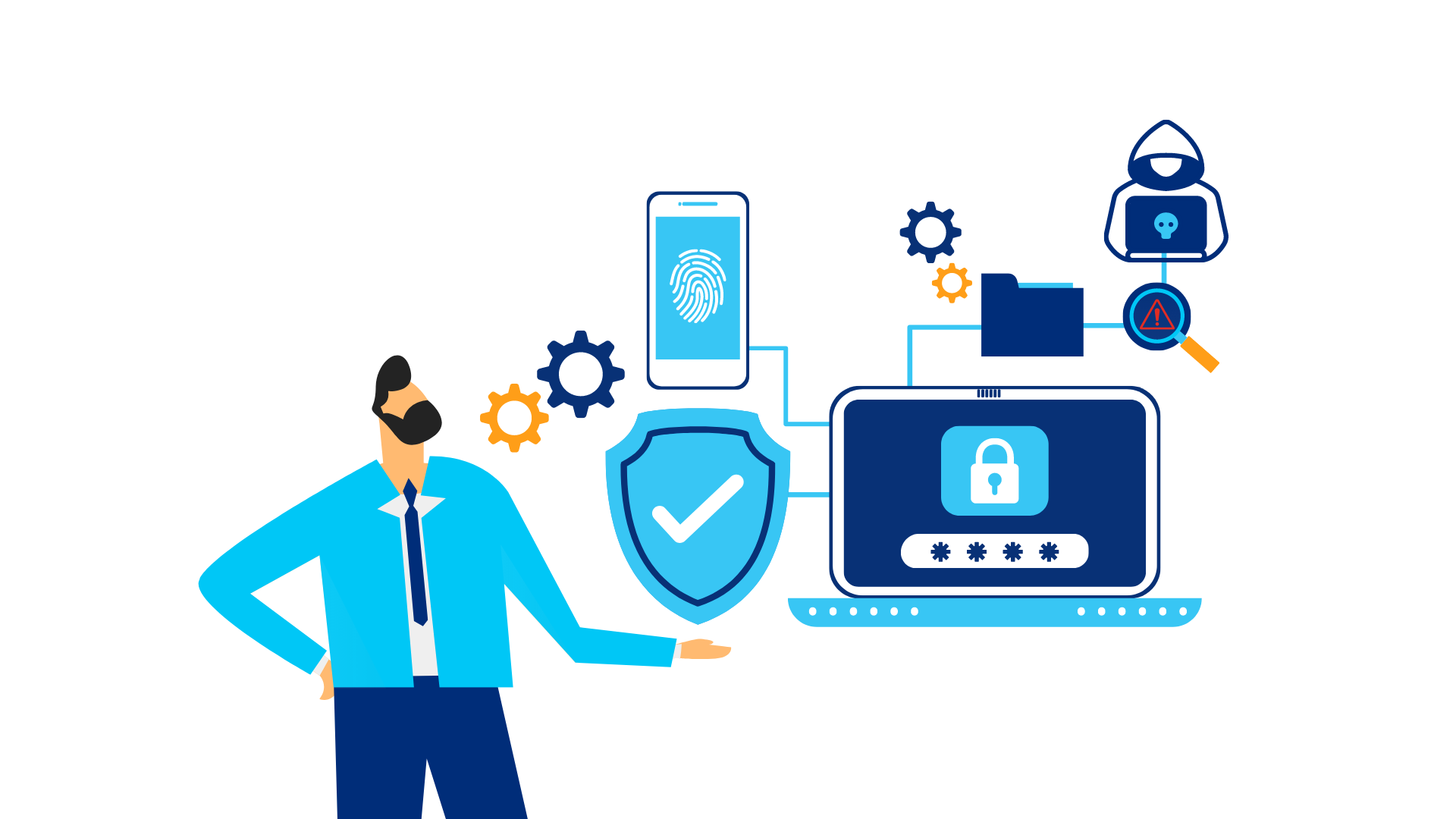As businesses digitalise their processes and operations, the likelihood of cybersecurity incidents is poised to rise. At its core, too many data breaches happen due to some form of social engineering attacks such as phishing. Phishing manipulates people into taking specific actions, often under the guise that it is necessary for a positively framed objective. Therefore, phishing is harder to thwart, even with the most advanced cybersecurity technologies available today.
Malicious actors engaged in phishing pursue various objectives. These may include stealing passwords, obtaining confidential and identity data, or installing ransomware and spyware. They might also attempt to hack through your network or devices to compromise your data, systems, or processes. Data breaches or compromised systems due to phishing can result in fraud, identity theft, or financial and reputational damages.
The term “human firewall” positions people as the last line of defence against external threats. In most instances, human beings indeed serve the final barrier against external threats, while ironically, is also the weakest link in your cybersecurity value chain. Your cybersecurity operations is in fact just as effective as your least smart employee.
Although firewalls and AI-based cybersecurity tools are an important part of any organisation’s defence against cyberthreats, most large-scale cyberattacks have invariably proved to involve some human error. Employees frequently overlook emerging threats, inadvertently allowing malicious attacks through email. So, how can you safeguard your organisation against phishing attacks and employee carelessness?
First, establishing a comprehensive cybersecurity culture through consistent and well-calibrated communication is crucial. Employees developing critical awareness about the latest cybersecurity threats and evolving trends is key. A modern cybersecurity strategy consistently conveys to all staff members that security is an integral part of how your organisation does business every day.
Maintaining regular communication
The information shared with your employees about key cybersecurity threats should incorporate principles of change management to encourage and reinforce positive behavioural outcomes. It is important to remind employees regularly and proactively about workplace security expectations and protocols. Simulating mock scenarios ensures that employees adhere to the given protocols and expectations in the event of a phishing attack.
Reward and recognition systems that encourage employees to report every potential cyber threat can also reinforce a proactive cybersecurity culture in the workplace. The most effective strategy to ensure compliance with cybersecurity protocols and expectations is to show employees exactly how a cyber threat affects them personally. Personalisation underscores the importance of being careful and diligent in maintaining cybersecurity compliance.
Constructing a cyber fortress through solutions and processes
While no tool can detect all threats due to the unpredictability of the human element involved, AI-powered tools play a major role in detecting and stopping phishing threats before they reach your email servers.
Creating a culture that encourages employees to always seek help is wise when building phishing attack prevention processes. These anti-phishing processes should be centred around a clear and easy reporting method, assurance of insightful feedback that deepens learning, and a no-blame culture.
Employees should feel confident to report any suspected phishing attack, knowing that their actions will lead to positive outcomes. You can also optimise your organisation’s fraud detection processes by reviewing and improving processes that can be exploited.
Delivering training programmes and simulations
No tool can fully eliminate the risk of phishing threats appearing in your employees’ inboxes. Therefore, it is key to maintain cybersecurity integrity by preparing them to prevent phishing attacks. This preparation should involve not only consistent communication but also organised and practical training.
Every employee should undergo training in preventing cyberthreats, adhering to cybersecurity best practices, and identifying digital fraud. Conducting stealth tests and providing remedial training goes a long way in ensuring your organisation’s cybersecurity preparedness.
Cybersecurity consultants can also help you to develop a framework that equips your workforce with essential training to identify threats and conduct simulated phishing exercises. Furthermore, providing guidance on your organisation’s security gaps that can be complemented with managed security services. This ensures your IT infrastructure, assets, network, and data remain safe and secure.
Peace of mind with a reputable security partner
Cyberattacks, such as those conducted through phishing are one of the most destructive threats to your organisations’ reputation, financial stability, and data. The challenge is that these threats can lurk in your IT environment and easily trick even your most astute employees into making mistakes that compromise the organisation’s security.
Lumen can provide your organisation with cost-effective security training and simulators to prevent large scale data breaches that compromise your digital, physical, and intellectual assets. We also provide security advisory services that help you meet cybersecurity goals and support you with a proactive security approach with our suite of managed security services.
Take the first step today
Did you know that 91% of successful data breaches started with a spear phishing attack?
Request for a free Phishing Security Test now.





